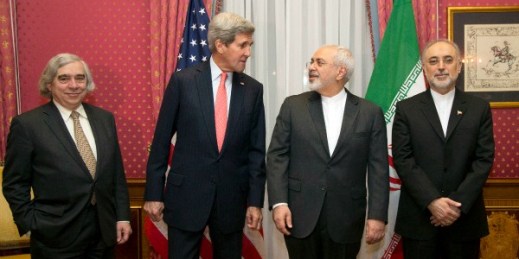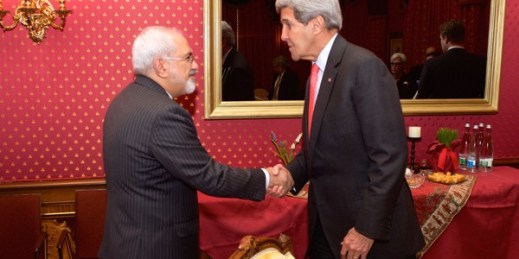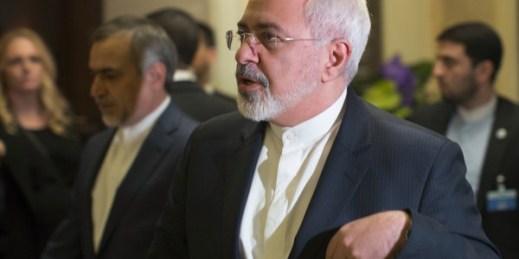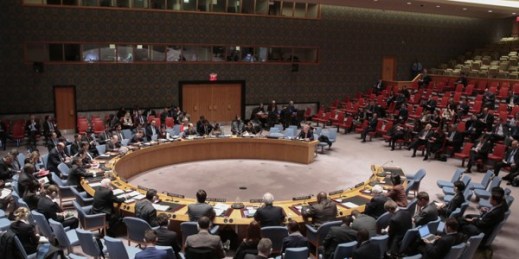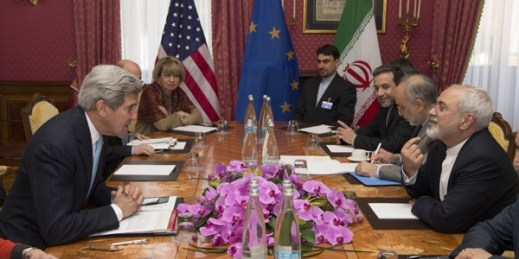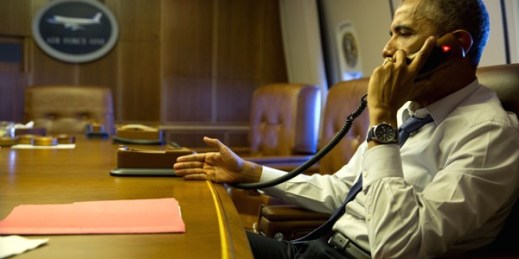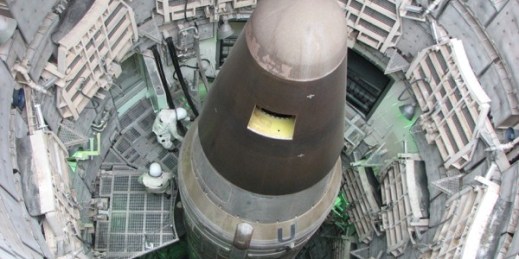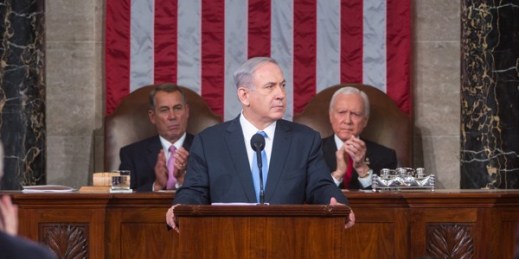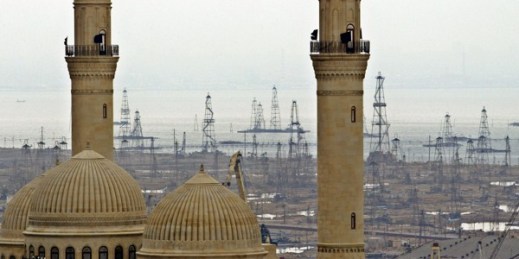
Russia’s assertive approach to reclaiming a sphere of interest in the post-Soviet space has highlighted the security dilemmas facing Eurasian countries that find themselves outside of any regional military alliance. Although recent attention has focused on Georgia and Ukraine, the Caspian littoral countries have for several years considered themselves vulnerable to renewed Russian assertiveness and have complained about declining U.S. and European engagement in their region. In response to these challenges, as well as in pursuit of new opportunities for regional energy cooperation, Azerbaijan has partnered with Turkey and, at various times, Georgia, Iran and Turkmenistan in recent years to […]


